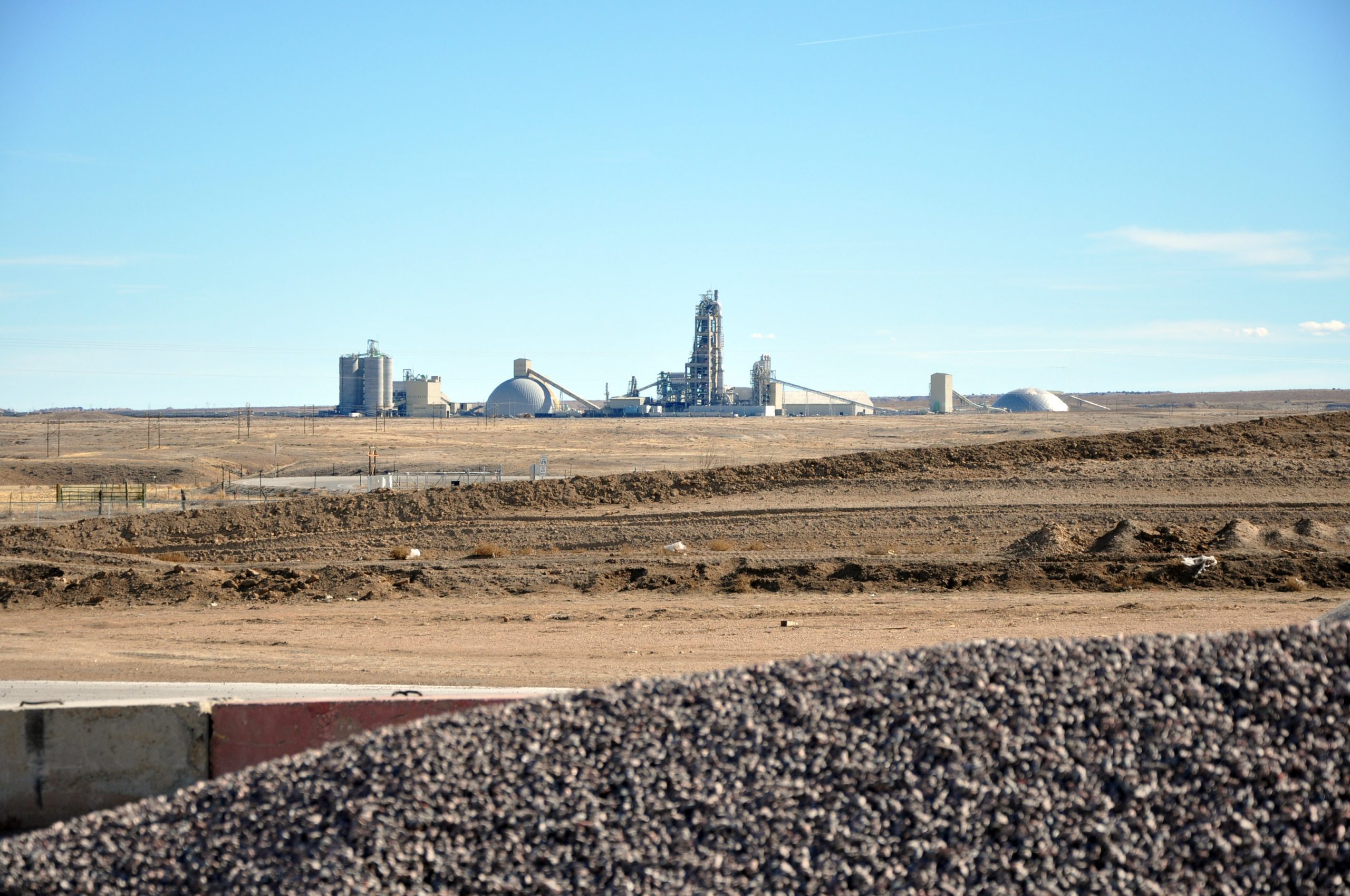The 86 facilities recognized in the Environmental Protection Agency Energy Star Industrial Program—10 cement plants in eight states among them—are credited with saving more than 100 trillion Btu of energy and preventing 6 million-plus metric tons of carbon dioxide emissions in 2022. The cement and peer plants earned Energy Star certification for operating in the top 25 percent of energy efficiency in the 20-sector Industrial Program universe. Participants use program indicators or benchmarks to assess performance; plants scoring 75 out of 100 or higher are certification eligible.

Portland Cement Association CEO Mike Ireland acknowledges the member companies behind the 10 certified plants for “devising new strategies to conserve energy and step up the U.S. cement industry’s profile as one that’s serious about minimizing its carbon footprint. All PCA member companies are making headway in developing more energy-efficient and environmentally safer products and practices, as they are all participating in our Roadmap to Carbon Neutrality.”
“Industrial leadership in energy efficiency is critical to achieving our nation’s climate goals,” adds EPA Administrator Michael Regan. “The savings from Energy Star certified plants demonstrate how energy efficiency is both helping our manufacturing sector reduce costs and propelling America’s transition to a clean energy future.”
TITAN, GCC DOUBLE UP
Two PCA members attained Energy Star/Industrial certification for two plants. Titan America’s Roanoke Cement and Pennsuco operations in Virginia and Florida, respectively, sustained long-held best management practices in 2022, earning certifications for 16th and 15th consecutive years, respectively. Both plants improved their performance last year by managing energy strategically across their entire organizations and making cost effective improvements. EPA verifies Energy Star/Industrial applicants’ performance annually to assess continuous improvement.
Through its energy initiatives, Roanoke Cement realized a 12 percent electrical energy reduction and eased the Commonwealth of Virginia’s electric grid by shifting use demand. The Pennsuco plant has built the capacity to utilize solely alternative fuels and natural gas with its cement production. It runs an advanced, $20 million facility dedicated to alternative fuel production. The plant has seen a carbon dioxide emissions reduction of 18 percent since 2015. Both the Pennsuco and Roanoke plants have fully converted production to Type IL limestone cement, which reduces greenhouse gas emissions by up to 15 percent.
“We are committed to meeting the Energy Star annual certification for superior energy efficiency,” says Titan America Corporate Energy Manager Chris Bayne. “The lessons we learn from the program—continuous improvement and accountability through benchmarking tools—have been drawn upon in also having our two plants certified to ISO 50001 standards, the only cement plants in the U.S. that have obtained this level of documented energy management performance.”
As Titan America exercised energy management along the East Coast, GCC of America mirrored such practices to the West, attaining 2022 Energy Star/Industrial certification for its Rapid City, S.D. and Pueblo, Colo. plants—honors respectively earned for third and fifth consecutive years.
“GCC is proud to accept EPA Energy Star certification in recognition of our energy efficiency efforts,” says U.S. Division President and PCA Immediate Past Chair Ron Henley. “We are committed to environmental stewardship while also lowering our costs through operational improvements in the efficient use of energy.”
EPA introduced the Energy Star program in 1992 as a voluntary, market-based partnership to reduce greenhouse gas emissions through energy efficiency. To date, tens of thousands of buildings and plants across all 50 states have earned certification in appropriate categories.